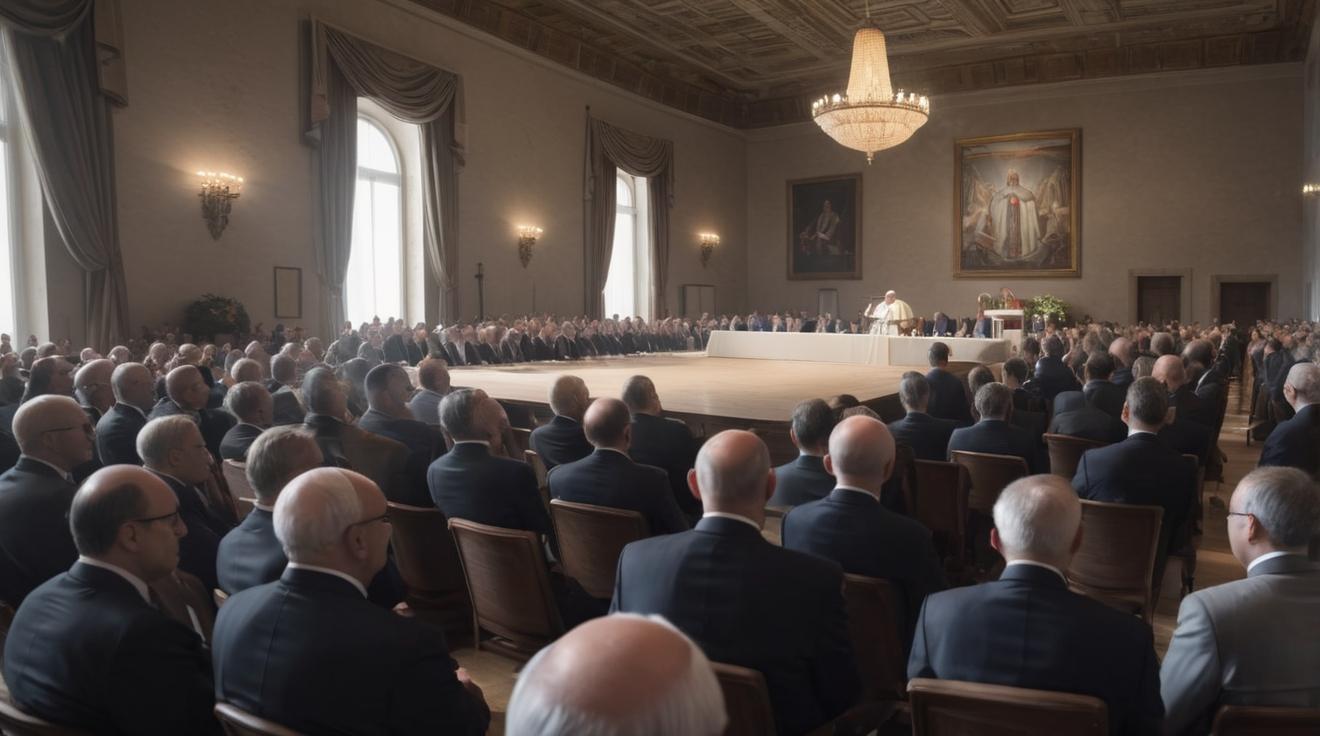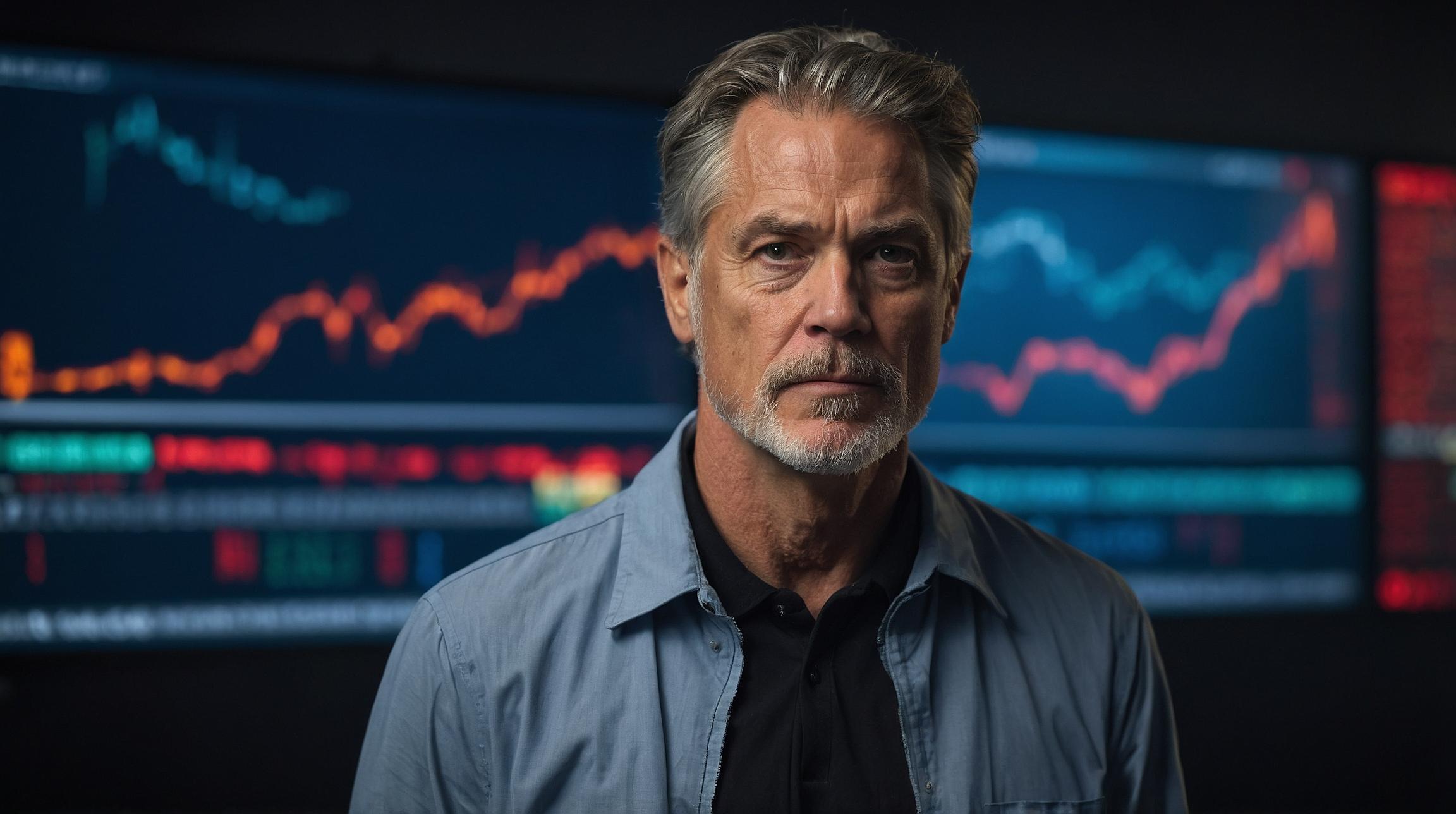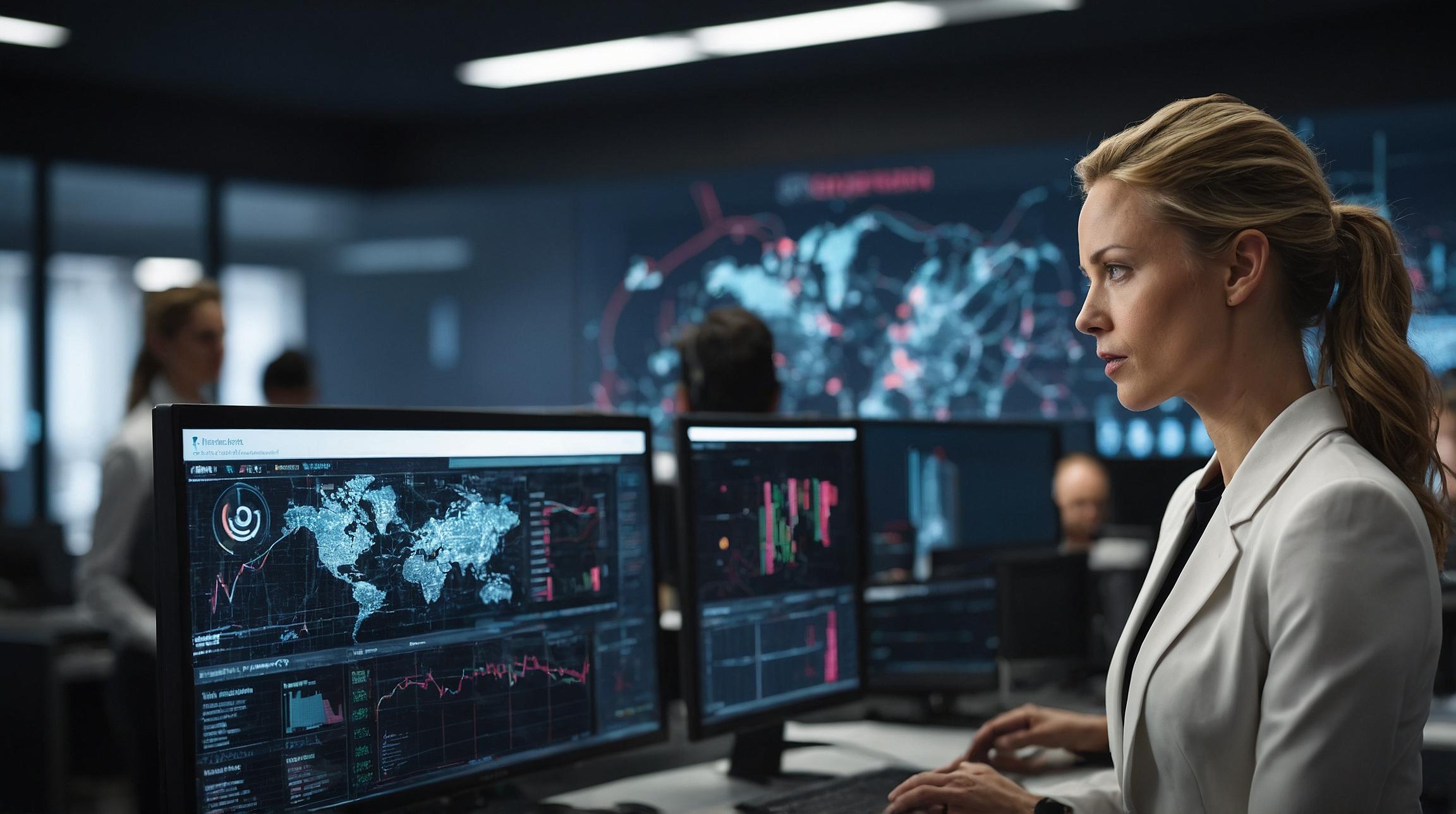Pope Francis Calls for Ethical Safeguards in Artificial Intelligence at G7 Summit
The most talked-about part of the G7 summit wasn’t this year’s unusual family photo of world leaders. It was the special guest: Pope Francis. At the event in Italy yesterday, the pope issued a stark warning about the dangers of losing control over artificial intelligence.
Pope Francis, the first pontiff to address the Group of Seven, urged politicians to establish safeguards for AI development. He emphasized the necessity for humans not to be doomed “to depend on the choices of machines.” Notably, he called for a ban on lethal autonomous weapons.
Vatican's Commitment to AI Ethics
Pope Francis and the Vatican—which employs an AI expert—have long been vocal critics of AI. In December, Pope Francis delivered a speech advocating for an international treaty focused on the ethical development and use of this technology.
In 2020, the Vatican created guidelines for AI creation titled the “Rome Call for AI Ethics.” These guidelines were endorsed by Microsoft, IBM, Cisco Systems, Italy’s innovation ministry, and various religious leaders.
The Church's Relationship with Scientific Advancement
Historically, the church has had a complicated relationship with scientific advancement, but it is striving to update its stance to keep up with modern times. This effort is crucial as major tech companies often find themselves scrutinized by the public and governments for perceived ethical lapses.
Collaborating with religious leaders could help tech companies improve their public image. Despite the potential positives of AI advancement in fields like medicine, there are widespread fears about job replacement and exacerbated inequalities. Therefore, the technology needs robust ethical oversight and good PR.
Growing Concern Over AI Regulation
On a larger scale, governing bodies are stepping up efforts to establish AI guardrails. In March, the UN passed its first resolution concerning AI safety.
By bringing the moral authority of the Vatican into the conversation, the dialogue around artificial intelligence takes on a more ethical dimension, promising a more balanced approach to the future of technology.
For more in-depth analysis and coverage, visit our technology section.













